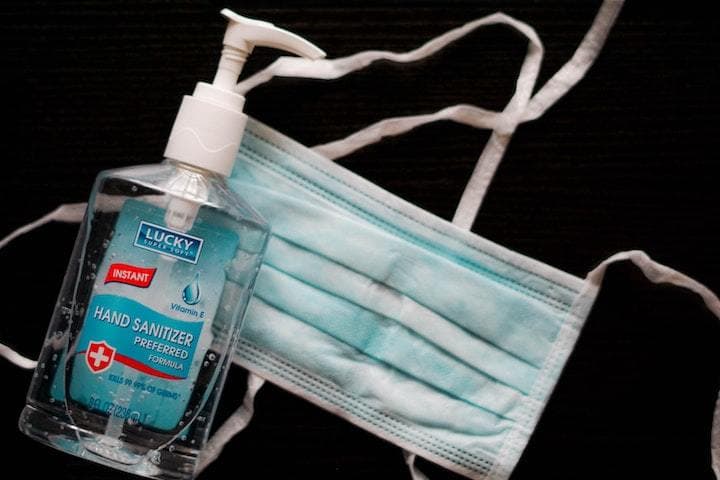
Law & Principles , Culture & the Family
Ray Carter | May 12, 2020
Lawmakers vote to protect businesses that aided COVID response
Ray Carter
In response to the COVID-19 pandemic, many businesses have been pressed into emergency service producing everything from hand sanitizers to personal protective equipment (PPE) for medical officials.
Members of the Oklahoma Senate voted Tuesday to ensure those acts of goodwill are not met with lawsuits.
“We want to provide some leeway for those who are rushing to try and meet a need during the pandemic,” said Sen. Julie Daniels, R-Bartlesville.
Senate Bill 1947 creates the COVID-19 Product Protection Act. Under the bill, any person or entity that “designs, manufactures, labels, sells, distributes, or donates a qualified product during and in response to the COVID-19 public health emergency that is utilized by a government entity, health care facility, health care provider, first responder, or essential business shall not be liable in a civil action alleging personal injury, death or property damage caused by or resulting from the product’s manufacturing or design, or a failure to provide proper instructions or sufficient warnings.”
The legislation explicitly protects a business that has recently begun to produce “disinfecting and cleaning supplies or personal protective equipment” and “does not make such products in the ordinary course of business.”
The liability protections do not apply when a producer knows a product is defective, acted with deliberate indifference, or acted with deliberate intention to cause harm.
Democrats suggested the bill would allow companies to import defective products from China and sell them to Oklahomans without fear of a lawsuit. They also said the bill would allow substandard products to be given to medical officials.
“We’ve got to make sure that everything that’s distributed that goes to our first responders meets a standard that’s going to protect our first responders,” said Sen. Kay Floyd, D-Oklahoma City. “There’s so many questions about how this would work in real time. Our first responders don’t have time to worry about if the gloves came from China or the masks came from South Korea or North Korea, that are they going to work? They don’t have time to wonder if a respirator’s been modified and not know what those modifications are.”
A wide range of Oklahoma businesses have shifted to the production of various products that were in short supply due to the COVID-19 pandemic and because much personal protective equipment was previously produced in China, which seized those supplies.
Companies that have stepped up have included Oklahoma City-based furniture retailer Mathis Brothers, which began producing cloth face masks in its mattress factory, and Prairie Wolf Distillery in Guthrie, which shifted from making vodka to hand sanitizer. OU Medicine and the University of Oklahoma Health Sciences Center are among the entities that have received PPE supplies from Mathis Brothers.
“The entire intent of the bill is to provide some modicum of protection for those who are stepping outside what they normally do,” Daniels said. “For instance, a distillery that converts its manufacturing from whiskey to sanitizer.”
SB 1947 passed the Oklahoma Senate on a 33-11 vote. Three Republicans joined Democrats in opposition.
The bill now proceeds to the Oklahoma House of Representatives.

Ray Carter
Director, Center for Independent Journalism
Ray Carter is the director of OCPA’s Center for Independent Journalism. He has two decades of experience in journalism and communications. He previously served as senior Capitol reporter for The Journal Record, media director for the Oklahoma House of Representatives, and chief editorial writer at The Oklahoman. As a reporter for The Journal Record, Carter received 12 Carl Rogan Awards in four years—including awards for investigative reporting, general news reporting, feature writing, spot news reporting, business reporting, and sports reporting. While at The Oklahoman, he was the recipient of several awards, including first place in the editorial writing category of the Associated Press/Oklahoma News Executives Carl Rogan Memorial News Excellence Competition for an editorial on the history of racism in the Oklahoma legislature.